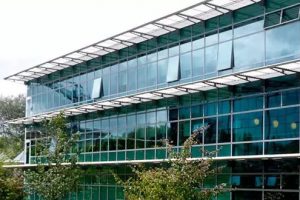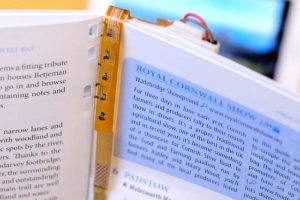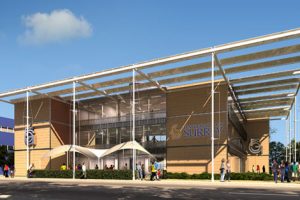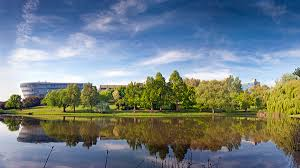
Scientists at the Universities of Surrey and Reading will work with researchers at the National Physical Laboratory (NPL) in the new collaboration, which is called Global Satellite Sensing (GLOSS). There will be increasing demand for such monitoring services, believe the universities, as the cost of putting satellites into orbit falls dramatically over the next decade.
According to the GLOSS announcement:
Working together with the Satellite Applications Catapult, the Centre aims to contribute to the UK Government’s drive to capture at least 10% of the predicted global space market of $400bn by 2030.
The aim is to develop ways of using the very latest advances in the new generation of small, lightweight and highly innovative satellites, being developed in the UK.
GLOSS will provide new satellite data services for meteorological purposes and use in disaster scenarios, as well as proving a wide range of services to commercial sectors, including energy resource management, urban and environmental monitoring, security and insurance industries.
“Bringing these world-leading research capabilities together within a single centre of excellence provides the UK with an unrivalled ability to provide expertise across a range of areas,” said Keith Robson, Director Enterprise and Growth at the University of Surrey.
“This includes everything from developing new low cost sensors, designing groups of small satellites that can work together which are called ‘swarms’, in-orbit calibration systems, data assimilation, data processing and visualisation.
Professor Robert Gurney, Director of Space and Earth Observation at the University of Reading said: “This centre provides a unique opportunity for scientists and engineers to work collaboratively on research with the potential to deliver breakthrough technologies and applications for a changing planet.
“British scientists are among the best in the world at using data from satellites to provide vital information about weather and climate. By helping to develop the next generation of satellite technology, this collaboration will help to expand the range of information available to businesses and industry, such as real-time data. Such crucial and affordable information will help to give British businesses the cutting edge, boosting innovation and economic growth.”
Reading University reportedly has the largest research capability in weather and climate science and earth observation of any university in Europe.
 Electronics Weekly Electronics Design & Components Tech News
Electronics Weekly Electronics Design & Components Tech News



